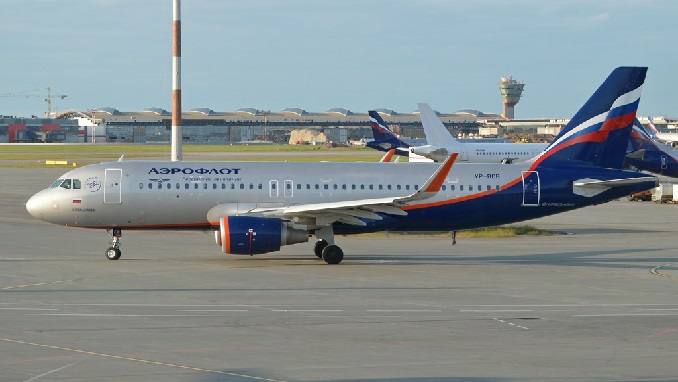Despite U.S. and EU sanctions weighing on the Russian economy, the country’s business aviation industry showed a slight but steady growth in 2017. The number of business flights increased by 2,5% compared to 2016, and the number of passengers reached 120,000, Realnoe Vremya reports.
The trends of the business aviation market, the impact of sanctions on air transportation and flight organization during this year’s soccer World Cup in Russia were discussed at the Regional Business Aviation Forum, organized with the support of the Russian United Business Aviation Association (RUBAA), Tulpar Group and the Kazan International Airport.
Alexander Kuleshov, Chairman of the board of RUBAA, said that there are 14 domestic operators in business aviation and 19 airlines engaged in commercial transportation. On average, in the fleet of each operator, there are about three aircraft, in commercial traffic one airline accounts for 3,5 aircrafts. In total, about 100 aircraft are registered in business aviation in Russia, Kulechov said.
”The number of flights each year is a little less than 40,000 units, and the number of passengers is more than 120,000 people. The total number of flights over 2014-2017 was constantly reduced. In general, the number of flights decreased by 32% compared to 2013. But in 2017, the number of flights increased by 2,5%, business aviation transported by 3,2% more passengers than in 2016,” he added.
Despite Russian carriers having only a marginal role in business jet travel, Kulechov says the increase in flights and passengers generally boosts the industry.
”To date, 94 aircraft are operated by Russian airlines. Certainly, it is little compared to Europe. Our air carriers are far from noticeable, but when we talk about the industry, we are talking about airports, terminals, service companies. A foreign or Russian aircraft is serviced by domestic companies or foreign companies that have obtained a license in our country. These companies also form the business aviation industry,” Kulechov said.
Despite U.S. and EU sanctions weighing on the Russian economy, the country’s business aviation industry showed a slight but steady growth in 2017. The number of business flights increased by 2,5% compared to 2016, and the number of passengers reached 120,000, Realnoe Vremya reports.
The trends of the business aviation market, the impact of sanctions on air transportation and flight organization during this year’s soccer World Cup in Russia were discussed at the Regional Business Aviation Forum, organized with the support of the Russian United Business Aviation Association (RUBAA), Tulpar Group and the Kazan International Airport.
Alexander Kuleshov, Chairman of the board of RUBAA, said that there are 14 domestic operators in business aviation and 19 airlines engaged in commercial transportation. On average, in the fleet of each operator there are about three aircrafts, in commercial traffic one airline accounts for 3,5 aircrafts. In total, about 100 aircraft are registered in business aviation in Russia, Kulechov said.
”The number of flights each year is a little less than 40,000 units, and the number of passengers is more than 120,000 people. The total number of flights over 2014-2017 was constantly reduced. In general, the number of flights decreased by 32% compared to 2013. But in 2017, the number of flights increased by 2,5%, business aviation transported by 3,2% more passengers than in 2016,” he added.
Despite Russian carriers having only a marginal role in business jet travel, Kulechov says the increase in flights and passengers generally boosts the industry.
”To date, 94 aircraft are operated by Russian airlines. Certainly, it is little compared to Europe. Our air carriers are far from noticeable, but when we talk about the industry, we are talking about airports, terminals, service companies. A foreign or Russian aircraft is serviced by domestic companies or foreign companies that have obtained a license in our country. These companies also form the business aviation industry,” Kulechov said.












